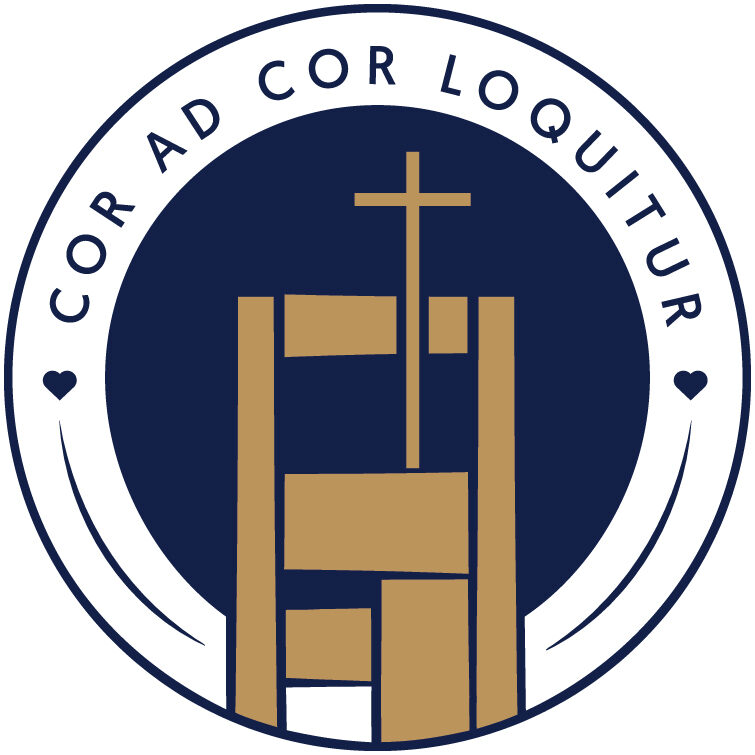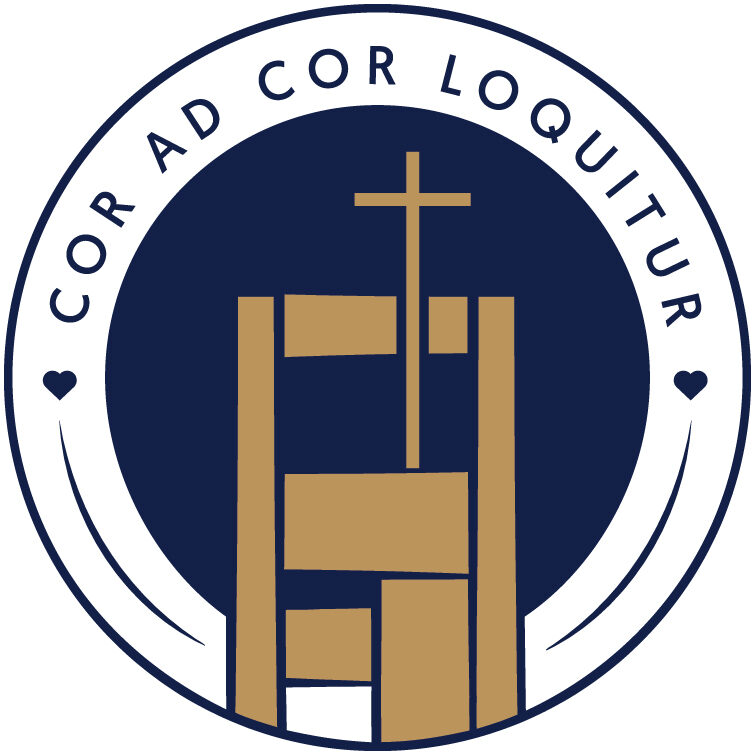El Salvador began a lock down of all but a limited number of those deemed essential workers on March 21, 2020. It was one of the world’s strictest with the military empowered to stop citizens and detain/quarantine them. The upside is that El Salvador’s low median age and strict lock down have kept death rates comparatively low for Latin America. Lock down continued into July though most business delayed reopening of any kind until August due to high summer Covid rates. Over half of working age Salvadorans work in the “informal economy” as day laborers, street vendors, self-employed through in-home businesses, etc. Overall, incomes for these workers were devastated by lock down. The Salvadoran government did provide some aid, food distribution and utility assistance. In our area community gardens have continued to provide fresh healthy food for families which has been extremely helpful.
The school year in El Salvador begins in February and ends in November with a holiday break rather than a summer break. When the country went into lockdown schools closed and have remained closed by government mandate from elementary schools through universities both public and private. El Salvador does plan to reopen schools April 6th, at the same time that Columbia’s public schools return to 5-day in-person learning. We’ve heard from families that learning at home has been especially difficult. Most families have access to a smartphone but few have computers. Any devices a family has must be shared among children. Many families have had to go to the homes of friends or more public locations to reach a cellular or wifi connection to upload and download assignments.
Recovery for El Salvador will be slow, but vaccination rates reveal the biggest gap between our experiences in the US and the experiences of our brothers and sisters in El Salvador. As I’m writing this, roughly 22% of US residents and Missourians have received a Covid-19 vaccination and those rates climb every day but less than 1 percent of Salvadorans have been vaccinated. To date, vaccines have only been given to healthcare workers. WHO programs promise more vaccines soon for health care workers and the most vulnerable but those promised doses will only inch the country toward a 5% vaccination rate. Mask wearing has been almost universally adopted but social distancing in such a populous country is very difficult.
Our parish support has created real change for families in El Salvador by providing food, income, microloan programs, high school and university scholarships, English language and computer training, empowerment of Women and youth and positive culturally relevant youth initiatives. Progress always comes with setbacks, but what our prayers and support also provide is hope for a brighter future in El Salvador.

